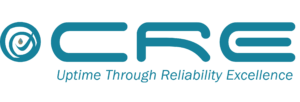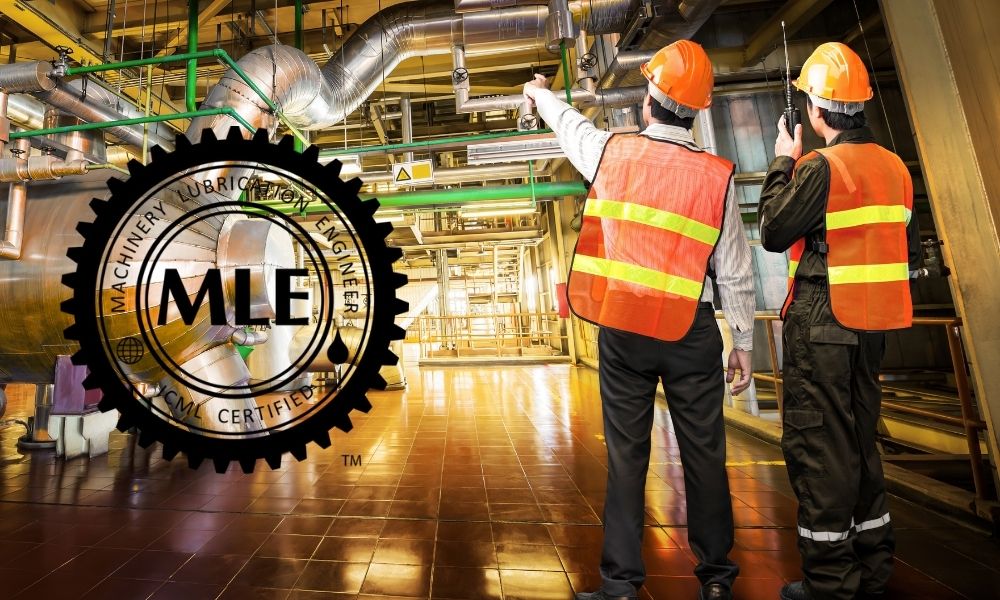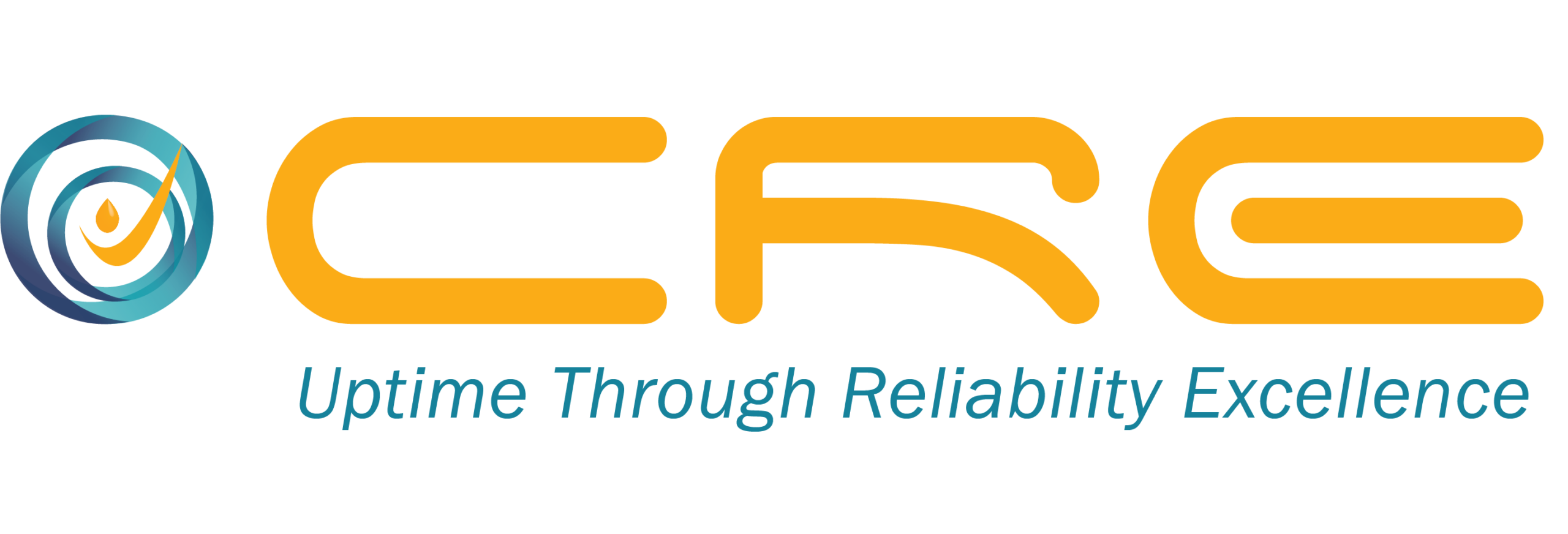

Professionals seek validation and credit for their competence and reliability in the ever-changing industrial maintenance world. The Machinery Lubrication Engineer (MLE) certification is one such prestigious title.
This accreditation, provided by the International Council for Machinery Lubrication (ICML), attests to a professional’s lubrication and asset management expertise.
In this blog, we delve into the significance of the MLE certification, its holistic approach, and the responsibilities it entails.
The Birth of the MLE Certification
The MLE certification is not only another credential; it represents the Pinnacle of achievement in the lubrication industry. Developed by a committee of 35 subject-matter experts and volunteers, the certification sets a new standard for real-world expertise. With years of hands-on experience, these experts have crafted a Body of Knowledge that goes beyond traditional lubrication topics. The holistic approach of the MLE aims to address the interconnected nature of lubrication with reliability and asset management.
ICML 55
To solidify the foundation of the MLE certification, the ICML introduced the Asset Management Standard ICML 55.1. This standard, the result of four years of collaborative effort by 45 experts across 15 countries, outlines the requirements for certification. Mapped to ISO standards, ICML 55.1 provides a comprehensive framework for achieving compliance and certification.
ICML 55 is groundbreaking, offering specificity to the practical meaning of lubrication excellence. It defines the role of lubrication in supporting reliability, safety, environmental responsibility, energy conservation, and asset management. This standard is a watershed moment in lubrication, tribology, dependability, condition monitoring, and asset management.
Alignment with Body of Knowledge
The beauty of the MLE certification lies in its alignment with ICML 55.1. The 24 subjects in the MLE BoK were extracted from the 12 interrelated subject areas of ICML 55.1. This strategic alignment facilitates the seamless integration of lubrication excellence with reliability, maintenance, and asset management.
Responsibilities of an MLE
The Machinery Lubrication Engineer is not only a title; it represents a professional with extensive training and experience. Holding certifications such as CMRP, MLT, MLA, CLS, or CRE, an MLE is equipped to navigate the complexities of lubrication in an industrial setting. In a plant, their responsibilities include overseeing technicians, analysts, inspectors, operators, millwrights, and others involved in lubrication-related work.
The skills and knowledge required for an MLE are vast and deep. In the era of Industry 4.0 and Maintenance 4.0, these professionals play a crucial role in ensuring the reliability and efficiency of machinery. Lubrication excellence has evolved, establishing a new standard of excellence that MLEs are prepared to meet.
Routine Tasks of an MLE
The daily tasks of an MLE are diverse and critical for the smooth operation of machinery. From selecting lubricants and lubrication equipment to managing suppliers, overseeing lubrication PMs, and ensuring regulatory compliance, MLEs are at the forefront of lubrication excellence. The breakdown of routine tasks provides insight into the depth and breadth of their responsibilities.
Charting Excellence
The Machinery Lubrication Engineer certification demonstrates a solid commitment to lubrication and asset management excellence.
Aligned with the ICML 55 standard and ISO 55000 certification, MLEs navigate Industry 4.0 challenges and lead organizations to optimize reliability, safety, and environmental responsibility. This certification is more than only a professional title; it serves as a beacon of expertise, setting new standards for professionals within the lubrication industry.
The MLE course is the key for those seeking to transcend traditional lubrication subjects and embrace a holistic approach to developing, implementing, and managing world-class lubrication programs. The upcoming CRE Philippines’ MLE course training schedule is scheduled for November 12-16, 2024, providing a valuable opportunity for professionals to elevate their skills and contribute to their organizations.
If you want to become a certified Machinery Lubrication Engineer, contact us to start this transformative journey. Secure your spot in this comprehensive training program, leap excellence in lubrication and asset management, and position yourself as a leader in the evolving landscape of industrial maintenance and reliability.
Source:
Fitch, J. (2019, June). Machinery Lubrication Engineer: A Professional Certification. Machinery Lubrication. https://www.machinerylubrication.com/Read/31543/machinery-lubrication-engineer
